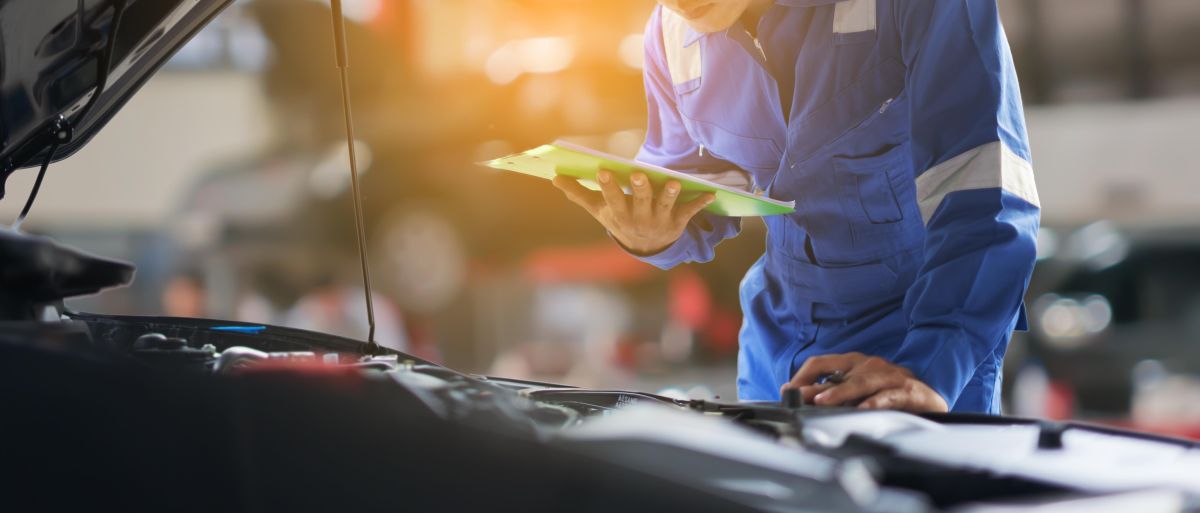The recent implementation of Illinois House Bill 3940, known as the Multiplier Act, has elevated the earnings of skilled auto mechanics and technicians across the state, by effectively eradicating the previously existing pay disparity between warranty and non-warranty vehicle repairs, found a new study by the Illinois Economic Policy Institute (ILEPI) and the Project for Middle Class Renewal (PMCR).
Prior to 2022, a glaring discrepancy in compensation existed within Illinois' car dealerships, where technicians working on warranty-covered new vehicles received below-market rates compared to their counterparts handling non-warranty repairs. This two-tiered compensation system not only undermined the earning potential of these skilled workers but also contributed to a pronounced labor shortage due to high turnover rates.
Garnering widespread bipartisan support, HB 3940 was approved with an 85-24 vote in the House and a unanimous 58-0 vote in the Senate. Its enactment at the beginning of 2022 ensured automakers would fully compensate warranty repair services at local dealerships at market-standard rates, aligning them with the compensation for non-warranty work.
“This bipartisan law removed the two-tiered compensation system and ensured that automakers fully fund warranty repair services at local dealers,” said ILEPI economist and study co-author Frank Manzo IV. “By bringing pay for warranty work up to the same market standard for non-warranty work, the law has generated positive economic impacts across Illinois.”
The study used a range of data sources, including the U.S. Census Bureau and the U.S. Bureau of Labor Statistics, to draw comparisons and assess the law's impact. Findings revealed a substantial $143 million annual increase in worker earnings within the state's auto dealerships, coupled with a 9% reduction in employee turnover. The law has also been instrumental in boosting Illinois' economy by more than $300 million and generating upwards of $40 million in state and local tax revenues annually, all without imposing any financial burden on Illinois car owners or taxpayers.
“The data shows that this bipartisan law fixed a manufacturers’ defect and delivered wins for local businesses, skilled mechanics and taxpayers,” said University of Illinois professor, PMCR director and study coauthor Robert Bruno, Ph.D. “Its effectiveness should encourage the State of Illinois to strengthen educational and enforcement efforts and other states to consider enacting their own warranty parity policies.”
At least four other states have enacted similar warranty parity laws. California, Wisconsin and Montana had laws prior to 2023, while Minnesota became the newest state with a policy in October 2023. Other states, like Colorado and Texas, have also introduced bills to end the two-tiered compensation system in automotive repairs.











